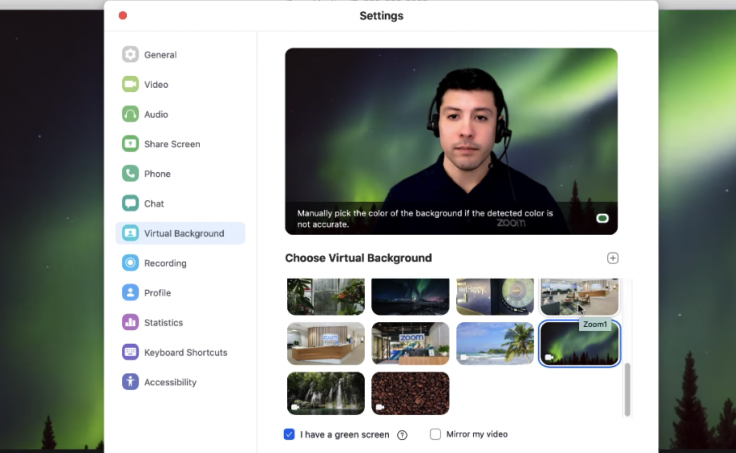The U.S. video-conferencing company Zoom has temporarily closed the account of a group of prominent U.S.-based Chinese activists who met online to mark the 31st anniversary of the June 4 Tiananmen Square Massacre. Many people from the U.S. and Hong Kong claimed that they have been kicked out of their Zoom accounts after hosting the online anniversary event of the Tiananmen incident which has raised an alarm about free speech on the platform.
The U.S.-based activists turned to Zoom, which became extremely popular during the Coronavirus lockdown, to communicate with more than 250 people to remember Beijing's crushing of the pro-democracy uprising on June 4, 1989, during which the military killed hundreds of unarmed protesters– by some estimates, more than 1,000.
As reported by Axios, a group of activists known as Humanitarian China said that it had brought in several participants from China, but its paid Zoom account was closed without explanation, one week later.

Humanitarian China
A co-founder of the group Zhou Fengsuo, who was also a student leader during the Tiananmen crackdown told AFP that the Zoom account was reactivated on Wednesday. After the un-notified shutdown, a Zoom spokesperson said, "We must comply with applicable laws in the jurisdictions where we operate."
The spokesperson also stated that when a meeting is held across different countries, the participants are required to comply with their respective local laws. He added that Zoom's aim is to limit the actions it takes to those necessary to comply with local law and continuously review, as well as improve the process on these matters.
But the activists claimed that Zoom may have been under direct pressure from China's Communist Party. In a statement, the group said, "If so, Zoom is complicit in erasing the memories of the Tiananmen massacre in collaboration with an authoritarian government."

Humanitarian China called the video-conferencing company an "essential" resource in reaching out to the people inside China, which rigorously enforces censorship. Unlike Google and Facebook, Zoom is not banned in China, which uses its "Great Firewall" to scrub its internet and censor negative information.
The Guardian reported earlier that Zoom's earnings had soared in the quarter ending April 30 as companies and individuals, are ordered to be at home due to the Coronavirus lockdowns, and became a world-famous platform to talk to people while being online. But Zoom also faced several security issues as cybercriminals tried to hack into the Zoom sessions.
A literary group that defends free speech, known as PEN America denounced Zoom's move. The CEO of the group, Suzanne Nossel said the U.S. company, Zoom portends to be the platform of choice for companies, school systems, and a wide range of organizations that need a virtual way to interact, especially amid global lockdown for the COVID-19. "But it can't serve that role and act as the long arm of the Chinese government," she added.








